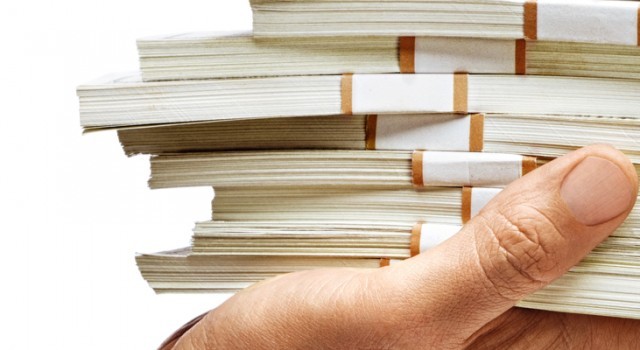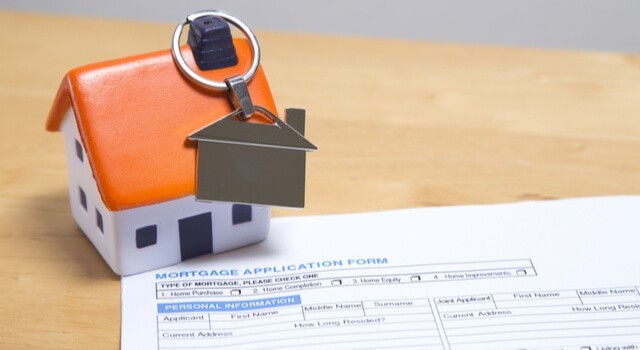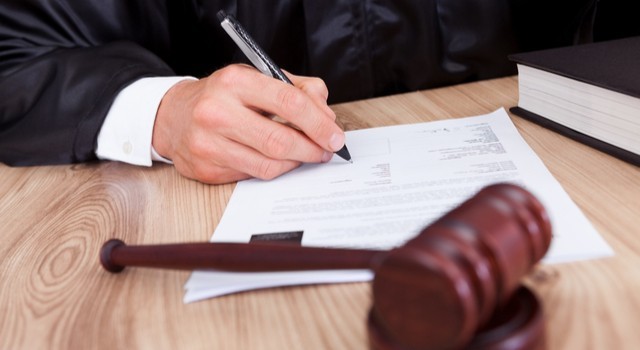What are the consequences of sequestration?
Once sequestration has been established, your Estate will pass into the hands of a Trustee. This may be the Accountant in Bankruptcy, or an independent Insolvency Practitioner. You may be wondering if you can keep your house in bankruptcy, or other assets such as a car.
Whether your house is sold depends on its inherent value, but the costs of selling are also taken into consideration. So although sale is a possibility, in some cases costs outweigh the benefits of sale.
If your car has a value of more than £3,000, it may be sold to realise money for your creditors. Should you need the vehicle for work, however, it would be probably be counter-productive to sell it as it is helping you to earn an income.
What about your credit file?
Entering sequestration will have an adverse and unavoidable effect on your credit file. It will remain on your file for six years following discharge from sequestration after which time you can start to rebuild your credit rating.
At this time, you could apply for a ‘credit builder’ credit card, designed for people with poor credit ratings. Other specialist loan providers may also offer you credit once discharged, but the interest rates will be higher than a ‘standard’ loan until you can prove your ability to make all repayments in full and on time.
Scotland Debt Solutions offers professional and confidential advice on sequestration. We have a number of offices around the country, and aim to help Scottish residents become free of debt.





